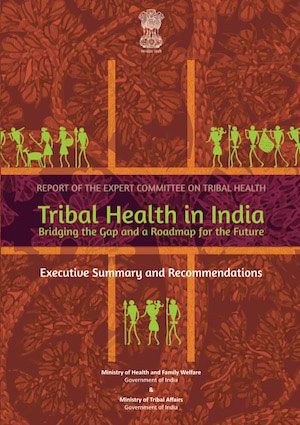
Searchable backup file
(PDF, 70 MB) >>
Though it has long been suspected that tribal people have poor health and unmet needs, health care for tribal people remained subsumed in rural health care. It was assumed that tribal people have same health problems, similar needs and hence the uniform national pattern of rural health care would be applicable to them as well, albeit with some alteration in population: provider ratio. The different terrain and environment in which they live, different social systems, different culture and hence different health care needs were not addressed. Not surprisingly health and healthcare in tribal areas remained unsolved problems. But how would the nation know? No separate data on tribal health were maintained. That permitted a blissful unawareness of tribal health. […]
The good news is that within the limits of the national guidelines of Tribal Sub Plan and of the National Health Policy (2016), it is possible to finance tribal health care.
For authors’ names, see “The members of the Expert Committee on Tribal Health” (instituted in 2013), p. ii
Source: Preface by Abhay Bang, Chairman, Expert Committee on Tribal health in “Tribal Health in India: Bridging the Gap and a Roadmap for the Future – Executive Summary and Recommendations” (Report of the Expert Committee on Tribal Health, undated, submitted to the government in 2018)
URL: https://www.nhm.gov.in/nhm_components/tribal_report/Executive_Summary.pdf
Date visited: 11 December 2020
[Bold typeface added above for emphasis]
“Despite the restitution of community rights under the Forest Rights Act of 2006, the Adivasis are not able to supplement their diet with resources gathered from the forest as they did before.” – Priti David in “In the Nilgiris, an inheritance of malnutrition” (People’s Archive of Rural India) | Learn more about nutrition >>
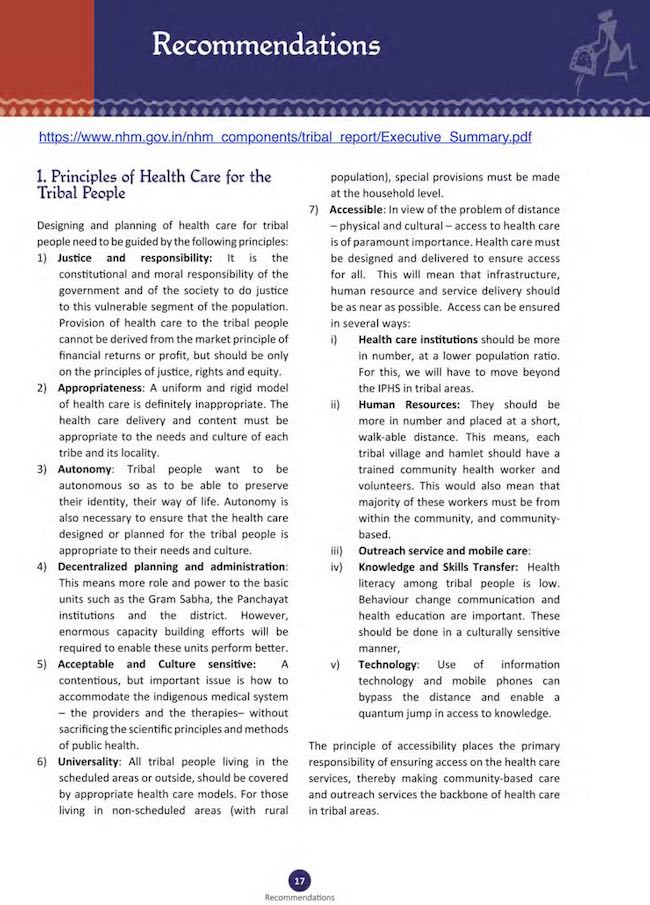
Download here (PDF 35 MB) | Searchable OCR backup >>
Recommendations
1. Principles of Health Care for the Tribal People
Designing and planning of health care for tribal people need to be guided by the following principles:
1) Justice and responsibility: It is the constitutional and moral responsibility of the government and of the society to do justice to this vulnerable segment of the population. Provision of health care to the tribal people cannot be derived from the market principle of financial returns or profit, but should be only on the principles of justice, rights and equity.
2) Appropriateness: A uniform and rigid model of health care is definitely inappropriate. The health care delivery and content must be appropriate to the needs and culture of each tribe and its locality.
3) Autonomy: Tribal people want to be autonomous so as to be able to preserve their identity, their way of life. Autonomy is also necessary to ensure that the health care designed or planned for the tribal people is appropriate to their needs and culture.
4) Decentralized planning and administration: This means more role and power to the basic units such as the Gram Sabha, the Panchayat institutions and the district. However, enormous capacity building efforts will be required to enable these units perform better.
5) Acceptable and Culture sensitive: A contentious, but important issue is how to accommodate the indigenous medical system – the providers and the therapies- without sacrificing the scientific principles and methods of public health.
6) Universality: All tribal people living in the scheduled areas or outside, should be covered by appropriate health care models. For those living in non-scheduled areas (with rural population), special provisions must be made at the household level.
7) Accessible: In view of the problem of distance – physical and cultural – access to health care is of paramount importance. Health care must be designed and delivered to ensure access for all. This will mean that infrastructure, human resource and service delivery should be as near as possible. Access can be ensured in several ways:
i) Health care institutions should be more in number, at a lower population ratio. For this, we will have to move beyond the IPHS in tribal areas.
ii) Human Resources: They should be more in number and placed at a short, walkable distance. This means, each tribal village and hamlet should have a trained community health worker and volunteers. This would also mean that majority of these workers must be from within the community, and community based.
iii) Outreach service and mobile care:
iv) Knowledge and Skills Transfer: Health literacy among tribal people is low. Behaviour change communication and health education are important. These should be done in a culturally sensitive manner,
v) Technology: Use of information technology and mobile phones can bypass the distance and enable a quantum jump in access to knowledge.
The principle of accessibility places the primary responsibility of ensuring access on the health care services, thereby making community-based care and outreach services the backbone of health care in tribal areas.
Source: Tribal Health in India (transcript, p. 17)
Download here (PDF 35 MB) | Searchable OCR backup >>
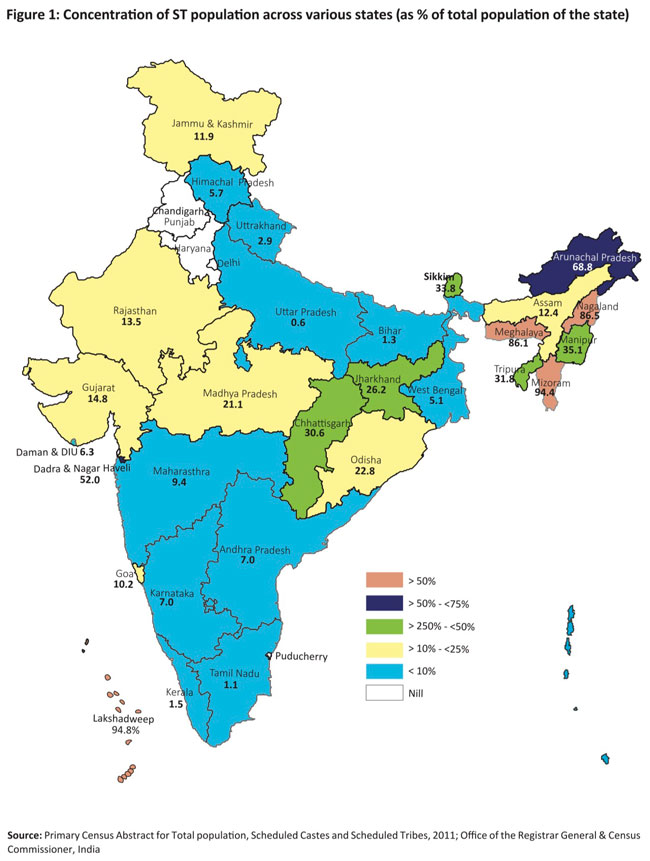
To download the full report (PDF 35 MB), click here >>
[Abhay] Bang, who runs an NGO ‘Society for Education, Action and Research in Community Health’ near Gadchiroli, was the chairman of the Expert Committee on Tribal Health, which had submitted its report to the government two years ago. Two central ministries – the Ministry of Health and Ministry of Tribal Affairs – had jointly appointed the expert committee under Bang, who is a well-known public health pioneer working for 35 years in Gadchiroli.
“The committee of 12 experts, after four and a half years of work, had submitted its report to the government on August 9, 2018. Both the ministries had welcomed the report, promised action. Two years have passed. Nothing has been done,” Bang said.
Source: “Activist Abhay Bang wants action on report submitted by expert panel on tribal health”, The Indian Express 8 August 2020
URL: https://indianexpress.com/article/india/activist-abhay-bang-wants-action-on-report-submitted-by-expert-panel-on-tribal-health-6546436/
Date visited: 13 December 2021
Up-to-date reports by Indian experts and journalists
Search tips
Combine the name of any particular state, language or region with that of any tribal (Adivasi) community.
Add keywords of special interest (music, poetry, dance just as health, sacred grove and biodiversity); learn about the rights of Scheduled Tribes such as the “Forest Rights Act” (FRA); and the United Nations “Declaration on the Rights of Indigenous Peoples”, “Universal Declaration of Human Rights”, “women’s rights”, or “children’s right to education”.
Ask a question that includes “tribal” or “Adivasi”, for instance: “Adivasi way of life better?” (or “tribal way of life worse?”)
Specify any particular issue or news item (biodiversity, bonded labour and human trafficking, climate change, ecology, economic development, ethnobotany, ethnomedicine, global warming, hunter-gatherers in a particular region or state, prevention of rural poverty, water access).
For official figures include “scheduled tribe ST” along with a union state or region: e.g. “Chhattisgarh ST community”, “Himalayan tribe”, “Scheduled tribe Tamil Nadu census”, “ST Kerala census”, “Particularly Vulnerable Tribal Group Jharkhand”, “PVTG Rajasthan”, “Adivasi ST Kerala”, “Adibasi ST West Bengal” etc.
In case the Google Custom Search window is not displayed here try the following: (1) toggle between “Reader” and regular viewing; (2) in your browser’s Security settings select “Enable JavaScript” | More tips >>
Note: hyperlinks and quotes are meant for fact-checking and information purposes only | Disclaimer >>
List of websites covered by this Google custom search engine
Academia.edu (platform for academics to share research papers) – www.academia.edu
Archive.org – https://archive.org
Centre for Science and Environment – https://www.cseindia.org
Current Conservation – https://www.currentconservation.org
Development and Cooperation (D+C) https://www.dandc.eu
Down To Earth (India) – www.downtoearth.org.in
India Environment Portal – www.indiaenvironmentportal.org.in
Harnessing Nature Magazine – https://harnessingnature.online
Mongabay-India – https://india.mongabay.com
M S Swaminathan Research Foundation – www.mssrf.org
Navdanya (protecting India’s biodiversity based food heritage) – https://navdanya.org
Third World Network (Penang, Malaysia) – https://twn.my
The Shola Trust (nature conservation in the Nilgiri region) – www.thesholatrust.org
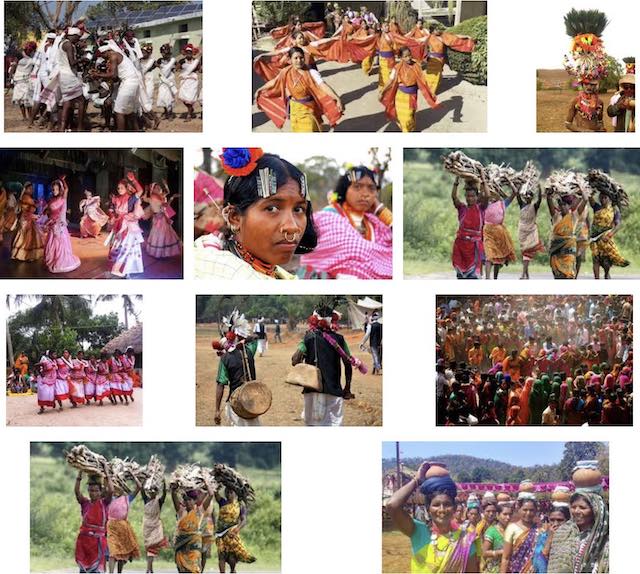
Indian online periodicals and platforms | Images view >>
~ ~ ~
Personalize your CustomSearch by combining other search words >>
(e.g. name of a tribal community and region, a craft, or dance and puppetry)
Research the above issues with the help of Shodhganga: A reservoir of theses from universities all over India, made available under Open Access >>
Note: hyperlinks and quotes are meant for fact-checking and information purposes only | Disclaimer >>
For additional learning resources visit the website of the Centre for Science and Environment (CSE), “a public interest research and advocacy organisation based in New Delhi”:
Communication for Awareness
CSE’s publications and informational products have been its strength and they have always combined research and readability to get the message across.
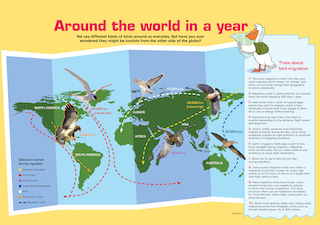
CSE’s tools for awareness raising are periodicals, publications, films/short spots, briefing papers, exhibitions, posters and other products. CSE’s informational products reach people in more diverse ways such as features service, website and e-news bulletins. […]
Source: About CSE
URL: https://www.cseindia.org
Date Visited: 10 July 2022
Learn more
Atree.org | Ashoka Trust for Research in Ecology & the Environment (posts)
Biodiversity | Hyderabad biodiversity pledge | Nilgiri Biosphere
Climate change | Audio | The Climate Question (BBC Podcast)
eJournals & eBooks | Background guide for education
eLearning: Center for World Indigenous Studies
Forest Rights Act (FRA) | Hunter-gatherers | Legal rights over forest land
Health and nutrition | Recommendations by the Expert Committee
“The tribal food basket has always been diverse and nutritious”
United Nations on climate change
What is the Forest Rights Act about?
Who is a forest dweller under this law, and who gets rights?